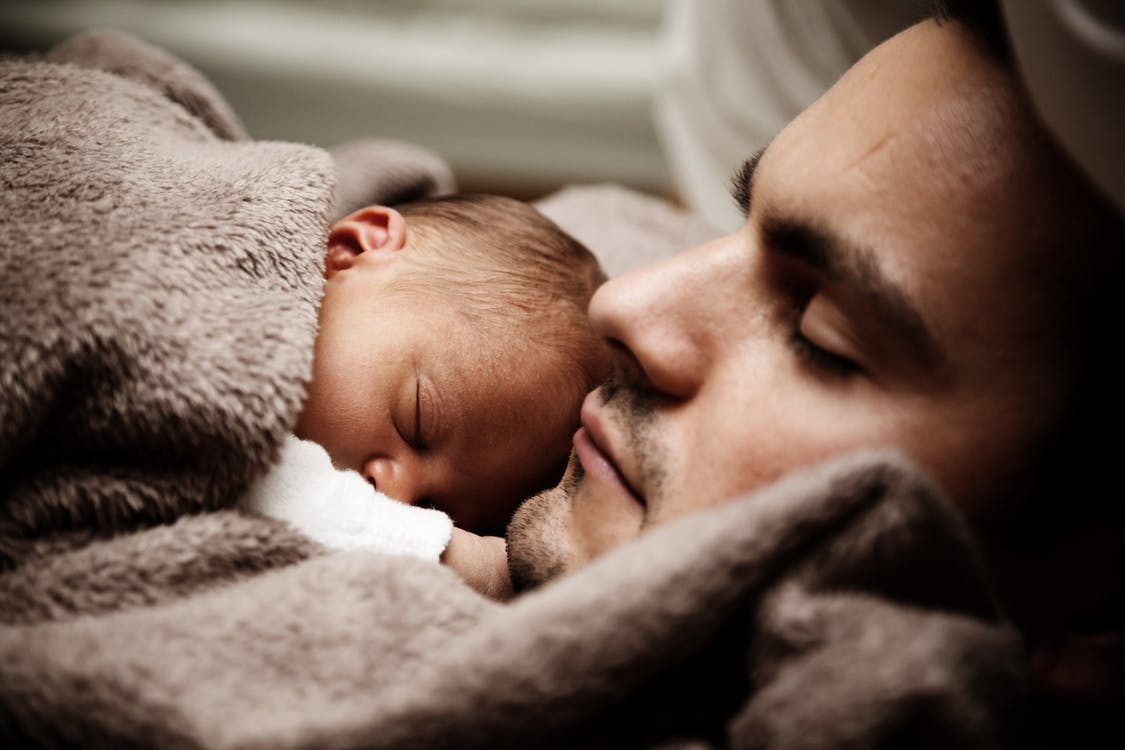Custody cases can be very complicated. The fear of losing rights over your children and having no part in their upbringing can be very stressful. Our children are our most valuable assets. They’re a part of who we are. Fighting for your child’s custody while being in a constant state of fear of losing and going through the hurt of a broken relationship can be quite overwhelming.
It’s crucial to seek legal advice during such situations to feel more confident and relieved. Being informed about Canadian custody laws and having a strong representation can help relieve some of your stress. To educate you more about child custody laws in the country, here are five important things you need to remember.
Sole Custody and Primary Residence
A lot of parents misunderstand primary residence as sole custody. Both are two very different things. If you want your kids to live with you, you want your house to be their primary residence. Therefore, when parents want their kids to live with them, they are asking to have their primary residence, not sole custody.

Sole custody is having the sole legal and physical responsibility of your kids. This means the parent with sole custody will have the primary residence and the responsibility to make all the decisions for them. The other parent is only entitled to make requests and to important information about children from doctors, teachers, etc.
Types of Child Custody
There are four different types of custody in Canada:
Sole Custody – This is also known as full custody. Only one parent has both the legal and physical custody of the children. This means the children live with the custodial parent, who is also responsible for making all the decisions for them. As mentioned above, the other parent can only make requests and is entitled to information about children from doctors, dentists, and teachers. The non-custodial parent may or may not have visitation rights.

Joint Legal Custody – Both the parents are responsible for making decisions for their children; however, the children live with only one of them who has the primary residence rights.
Shared Custody – This is also known as joint physical custody. This is when both parents are responsible for making decisions for their children and spend at least 40 percent of their time with them.
Split Custody – When some children live with one parent, and the rest live with the other. Splitting siblings isn’t what courts prefer to do. They want to keep the siblings together. However, some of the older siblings may want to stay with the other parent.
Things That Can Make You Lose Your Case
You need to be very careful when fighting a custody case. Even the smallest of mistakes can be used against you in court. Here are some things that you need to stay away from to make sure you don’t hurt your case:
- Don’t Withhold Visitation – Don’t withhold visitation until you have the rights or solid grounds such as a threat to the well-being of your child to do so.
- Don’t Talk Negatively About Your Ex – Talking badly behind your ex can have consequences. Make sure to stay positive even when your kids ask you things.
- Don’t Discuss it with Your Kids – Don’t discuss the details about the case or your divorce with the kids. Make sure you have healthy conversations with them. Even if you don’t have anyone else to share your feelings with, don’t burden your kids with your feelings and emotions.
- Don’t Arrive Late for Pickups – Arriving late for pickups can reflect badly upon how responsible and reliable a parent you are. Make sure to always be on time for your pickups and be as polite as you can with your ex.
- Don’t Reschedule Your Time with Kids – Just like late pickups, rescheduling can give a wrong impression of you as a parent. It may seem like you don’t have enough time for your kids, or they aren’t your priority. Make sure to never reschedule until and unless it’s impossible for you to manage.
Your Judge’s Checklist
Here are some factors that the judge may consider before deciding on the case:
- The ability of each parent to raise the child
- Financial stability of each parent
- The closeness of each parent with the child
- Employment status of each parent
- Preference of the child
- Mental and physical health of each parent
- Daily schedules of each parent
- Caregiver of the child before the separation
There might be other factors that the judge may consider, such as any possible relocation and how it will affect the child.
Child Custody Lawyer
If you’re planning to fight for custody of your child, you should hire a child custody lawyer. This isn’t the time to file paperwork or understand the legalities on your own, especially with your child’s future on the line. Hiring a lawyer will relieve your stress. Having a good representation can make you feel more confident. It’ll help you to focus more on yourself and your child.
About the Author
The author is a child custody lawyer at Nanda and Associate Lawyers Professional Corporation. He has worked on hundreds of child custody cases in his lifetime and aims to help parents that truly deserve to have custody of their children. He works with a diverse team of lawyers such as real estate, personal injury, and Canadian immigration lawyers at the firm, all of whom speak highly of him.
To get any legal advice from experienced custody, personal injury, and Canadian immigration lawyers, contact Nanda and Associate Lawyers Professional Corporation.



